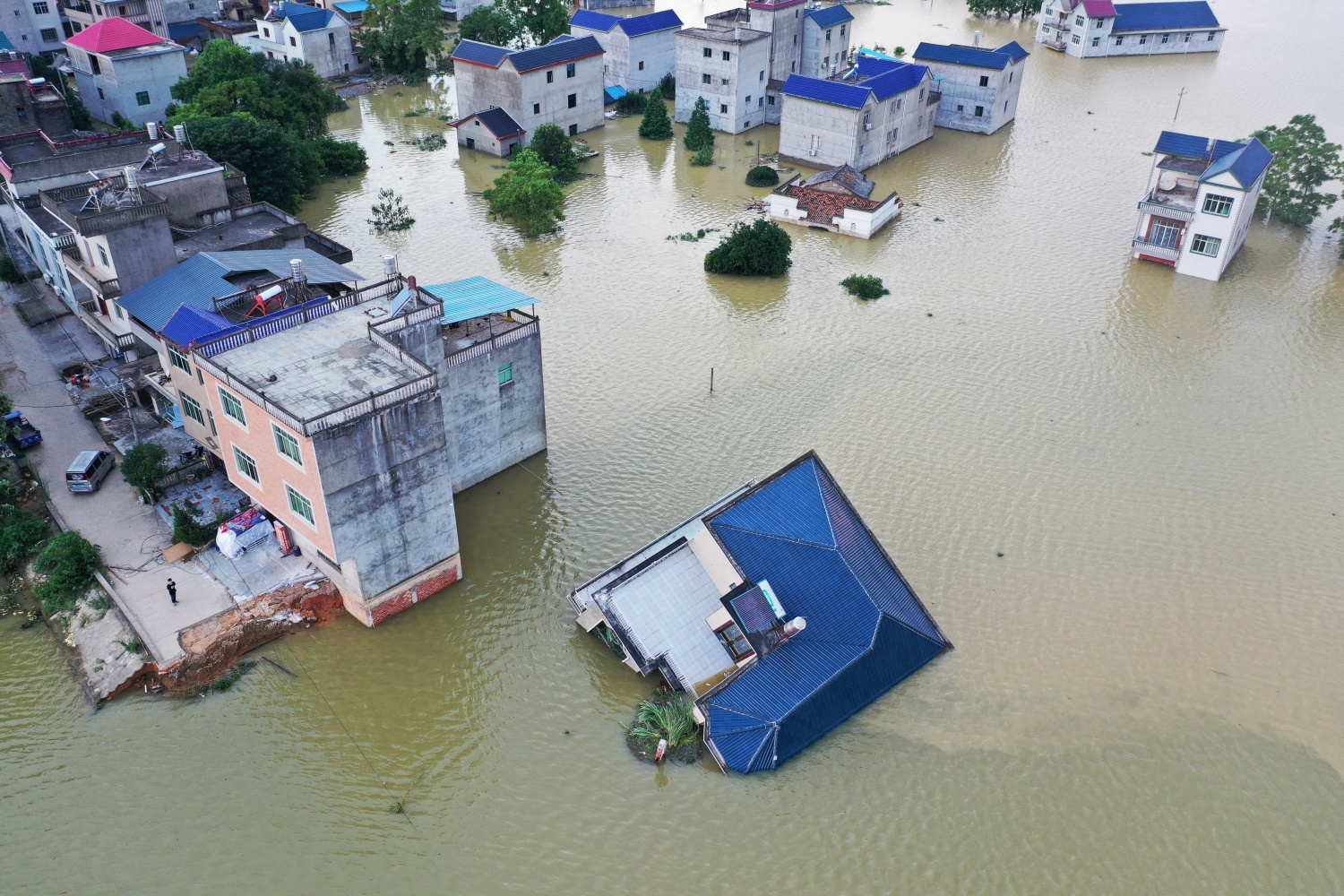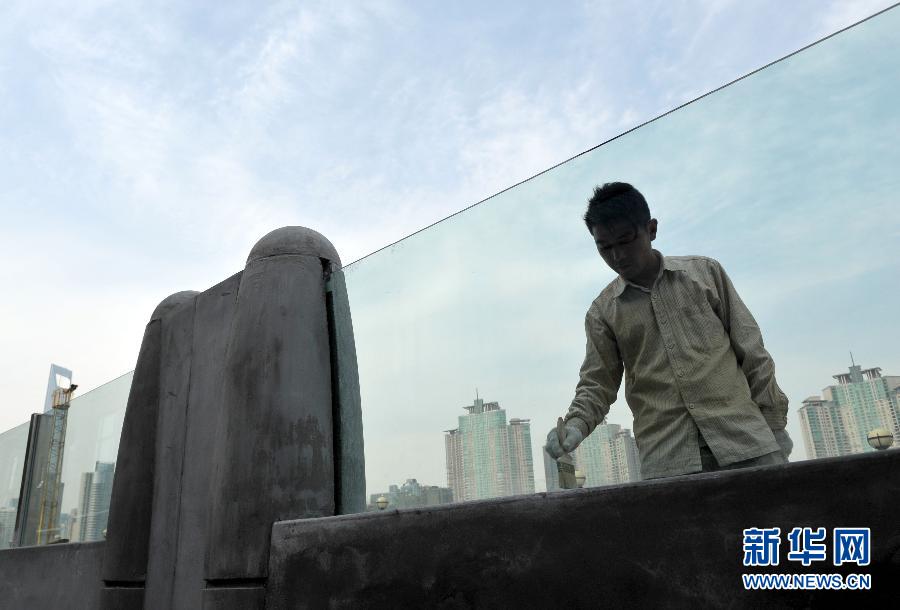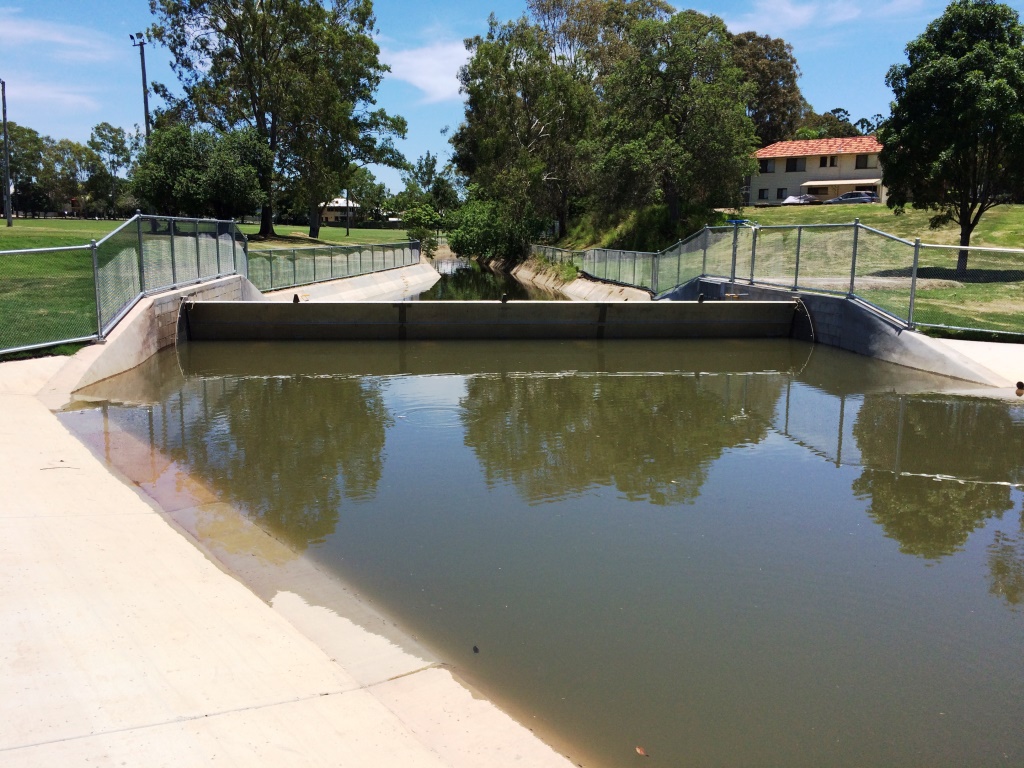
The funds for flood control shall be raised in accordance with the principle of combining government investment with rational contributions by beneficiaries.Īrticle 4 Water resources shall be developed, utilized and protected in conformity with the overall arrangement for flood control and in adherence to the principle of deriving benefits being combined with eliminating damage. 88 of the President of the People’s Republic of China on August 29, 1997)Ĭhapter IV Management of Flood Control Zones and of Projects and Facilities for Flood ControlĬhapter V Flood Control and Flood FightingĪrticle 1 This Law is enacted for the purpose of controlling floods, guarding against and mitigating damage done by floods and water-logging, preserving the safety of people's lives and property, and ensuring the socialist modernization drive.Īrticle 2 In flood control the principles of comprehensive planning, overall consideration, prevention first, all-purpose harnessing, and the interests of the part being subordinate to the interests of the whole shall be followed,Īrticle 3 The construction of projects and facilities for flood control shall be incorporated into the national economic and social development plans. Hebei Communist Party chief Ni Yuefeng said he had ordered "the activation of flood storage and diversion areas in an orderly manner, to reduce pressure on Beijing's flood-control system and decisively create a 'moat' for the capital.(Adopted at the 27th Meeting of the Standing Committee of the Eighth National People's Congress on August 29, 1997, promulgated by Order No. 'I've lost my house and I'm in danger of losing my mind'Īccording to state media, officials decided to open floodgates in seven flood-control zones to prevent rivers and reservoirs from overflowing in Beijing and the region's other metropolis, Tianjin. It was therefore never a question of allowing this area to be flooded. The difference was that, in the interim, the municipality of Xiong'an, located a little further east and home to numerous wetlands, had been chosen by Chinese President Xi Jinping to become a new city, aimed at accommodating institutions and businesses that would relieve Beijing's congestion. The extraordinary nature of this event notwithstanding, the stricken residents have recognized that their villages were "sacrificed." Located in "discharge zones" on the plains south of Beijing, the worst-affected areas had never before been so severely flooded. Read more Article réservé à nos abonnés Flooding persists in Beijing three days after passage of super typhoon Doksuri

In one video, residents stand in front of shield-carrying police officers complaining of being pepper sprayed, chanting the slogan: "Give us back our homes!" The previous day, similar scenes had unfolded in Bazhou, another flood-ravaged city further south. They were unceremoniously dispersed by police.īy that evening, the large square facing the local government offices was being protected by hundreds of agents, according to videos shared online. On Wednesday, August 9, residents of Gaobeidian, a town within Baoding prefecture, south of Beijing, gathered outside an official building to protest the lack of response by the authorities. In the countryside in Hebei, the province surrounding Beijing, the shock caused by historic flooding that claimed dozens of lives has given way to bitterness and anger. Subscribers only This aerial view shows the corn crops being submerged at a flooded village after heavy rains in Zhuozhou, Baoding city, in northern China's Hebei province on August 2, 2023. Today, residents are voicing their frustrations to hold authorities accountable.īy Simon Leplâtre (Shanghai (China) correspondent) Published on August 13, 2023, at 1:45 am (Paris), updated on August 13, 2023, at 9:31 am

To protect Beijing, several less densely populated surrounding areas were deliberately flooded during the historic early August rainstorm.

China: Flood victims in 'sacrificed' areas remain bitter


 0 kommentar(er)
0 kommentar(er)
